|
Wilder Kaiser is a stunning mountain range located in the
Tyrol region of
Austria, part of the
Alps. The range is
known for its dramatic peaks, picturesque valleys, and vibrant alpine
flora and fauna, making it a popular destination for outdoor activities
year-round.
Key Features of
Wilder Kaiser:
1.
Location:
- The
Wilder Kaiser
mountains are situated in the
Eastern Alps,
specifically in the northern part of
Tyrol, near the
border between Austria
and Germany. The
region is easily accessible from major cities like
Innsbruck and
Salzburg.
- The Wilder Kaiser is part of the
larger Kaisergebirge
range, which also includes the
Kitzbüheler Alps to
the south.
2.
Scenic Beauty:
- The range is named "Wilder
Kaiser" (meaning Wild
Emperor) due to its rugged and imposing peaks. The
rock formations and
steep cliffs create
a dramatic skyline that is easily recognizable.
- The mountains are covered with
lush forests and
dotted with clear alpine
lakes, offering incredible scenic views, particularly
during sunrise and sunset.
- In the winter, the Wilder
Kaiser transforms into a
winter wonderland with snow-covered peaks and valleys,
providing a breathtaking backdrop for outdoor activities.
3.
Outdoor Activities:
- The region is a
paradise for outdoor
enthusiasts, with a wide range of activities available
throughout the year:
Winter Sports:
-
Skiing and Snowboarding:
Wilder Kaiser is part of the
SkiWelt Wilder
Kaiser-Brixental, one of the largest and most popular ski
areas in Europe. The area offers over
284 kilometers of ski
slopes and modern ski lifts, suitable for all skill levels.
-
Cross-Country Skiing:
The region has numerous
cross-country skiing tracks, ideal for those who prefer a
more tranquil experience.
-
Winter Hiking and
Snowshoeing: For those who want to explore the winter
landscape at a slower pace, there are
snowshoeing trails
and winter hiking paths
offering peace and solitude.
Summer Activities:
-
Hiking and Trekking:
The Wilder Kaiser region boasts an extensive network of hiking
trails, including paths for
beginners to
experienced trekkers.
Popular hiking routes include trails around the
Griesner Alm and
Gaudeamushütte
mountain huts, as well as the challenging ascent to the
Ellmauer Halt,
the highest peak in the range (2,344 meters / 7,690 feet).
-
Mountain Biking:
The area offers a variety of mountain biking trails, from easier
routes to more challenging
downhill rides, making it a great destination for cycling
enthusiasts.
-
Climbing and Via Ferrata:
Wilder Kaiser is also a famous
climbing destination,
with its sharp rock faces and exposed routes. It’s well known for
its via ferrata
routes, which are equipped climbing paths that allow hikers to enjoy
the mountains' beauty while safely navigating steep terrain.
4.
Towns and Villages:
- The Wilder Kaiser region is
home to several charming villages and towns, each offering a mix of
traditional Tyrolean culture and modern amenities:
-
Ellmau: A
popular village located at the foot of the Wilder Kaiser, known
for its ski slopes and hiking trails.
-
Scheffau:
Situated near the
Schleier Waterfall, Scheffau offers beautiful alpine
scenery and is a base for both summer and winter activities.
-
Going: A
peaceful village known for its traditional charm, hiking routes,
and proximity to
Wilder Kaiser-Brixental ski areas.
-
Söll: A
lively village with a vibrant après-ski culture in winter and a
variety of outdoor activities in summer.
5.
Wildlife and Nature:
- The
Wilder Kaiser
region is home to diverse
wildlife, including species like
chamois,
ibex,
red deer,
marmots, and
various species of birds
of prey. It's a haven for nature lovers and birdwatchers.
- The
Kaisergebirge Nature
Reserve is dedicated to preserving the unique ecosystems in
the region, and it offers
guided nature tours for those interested in learning more
about local flora and fauna.
6.
Kaisergebirge Nature Park:
- The
Kaisergebirge Nature Park
offers numerous trails and natural areas dedicated to preserving the
beauty of the mountains, as well as providing a sustainable
environment for the wildlife living there.
- The
nature park
emphasizes sustainable tourism and environmental protection,
offering opportunities for visitors to learn about the area's
natural history.
7.
Cultural Experiences:
-
Tyrolean Culture:
The region is rich in
traditional Austrian culture, with
local festivals,
Tyrolean music,
and traditional food (such as
käsespätzle,
schnitzels, and
strudel)
available in local restaurants and inns.
- Visitors can also enjoy
visiting local museums,
historic churches,
and traditional Tyrolean
farmhouses that showcase the region's heritage.
8.
Access and Transportation:
-
By Car: The
Wilder Kaiser is easily reachable by car from cities such as
Innsbruck and
Salzburg, as well
as from Munich,
which is about a two-hour drive away.
-
By Train: The
region is well-connected by rail, with train stations in villages
such as Wörgl and
Kufstein, from
where buses or taxis can take you to your destination.
-
By Air: The
nearest airports are
Innsbruck and
Salzburg, both of which are well-connected to major cities
in Europe and offer convenient access to the region.
Conclusion:
The Wilder Kaiser
mountain range is an extraordinary destination for those seeking
outdoor adventure,
natural beauty, and
traditional Austrian charm.
Whether you're into skiing, hiking, mountain biking, or simply enjoying
the stunning scenery, Wilder Kaiser offers something for every type of
traveler. The combination of dramatic landscapes, rich culture, and
outdoor activities makes it one of Austria’s most iconic and
sought-after regions.
|
|
 Safaris
Bergsteigen
Wandern
Inselwandern Weltweit
Safaris
Bergsteigen
Wandern
Inselwandern Weltweit
 Europa
Inselwandern
Europa
Inselwandern
 Städtewandern
Städtewandern
 Paintings
Paintings Dirk Rauschenbach
Dirk Rauschenbach
 Safaris
Bergsteigen
Wandern
Inselwandern Weltweit
Safaris
Bergsteigen
Wandern
Inselwandern Weltweit
 Europa
Inselwandern
Europa
Inselwandern
 Städtewandern
Städtewandern
 Paintings
Paintings Dirk Rauschenbach
Dirk Rauschenbach
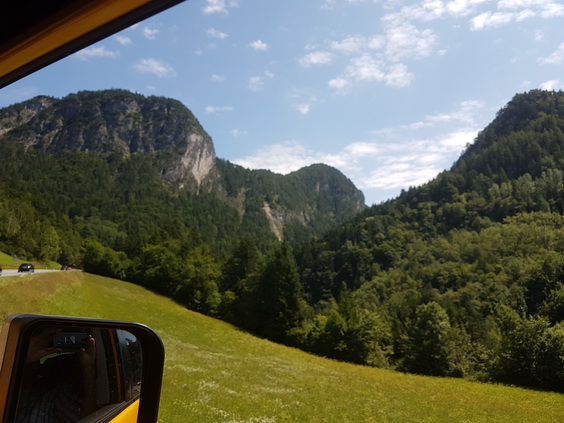
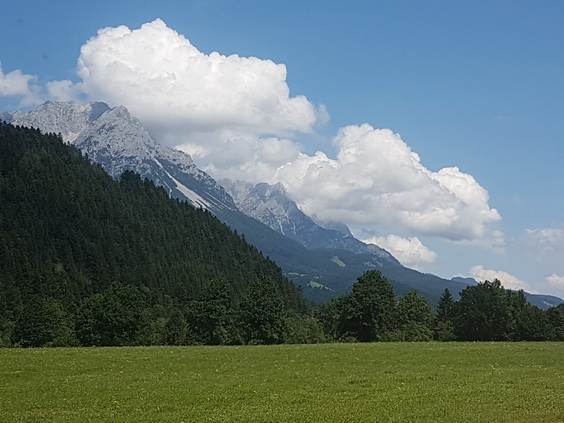
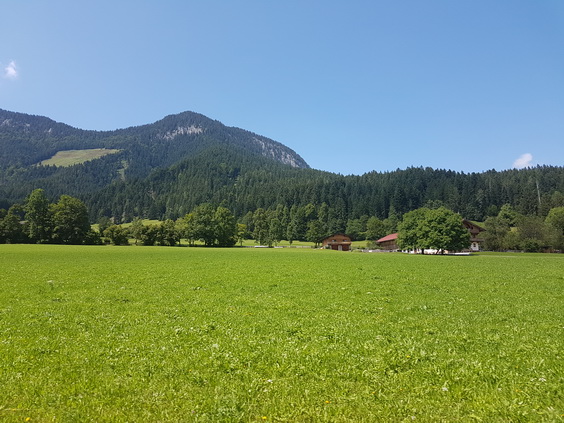
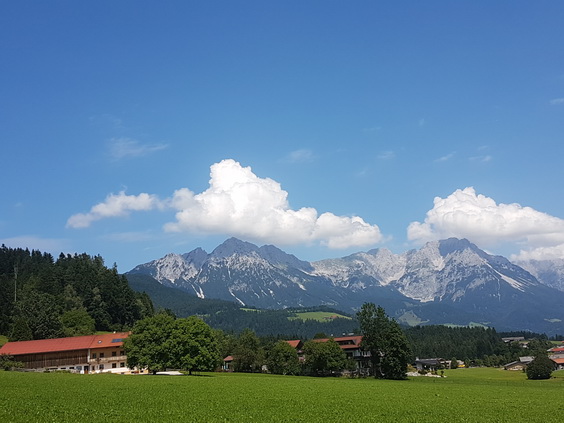
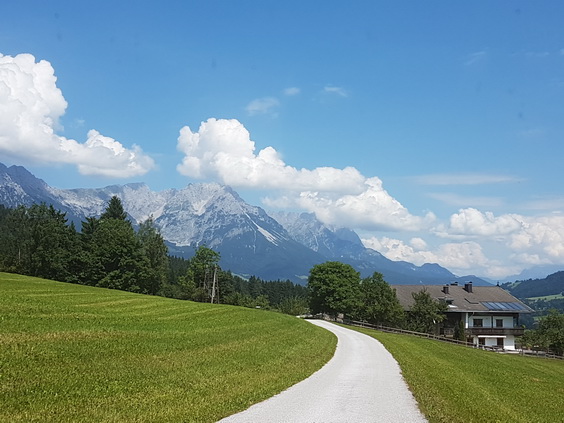
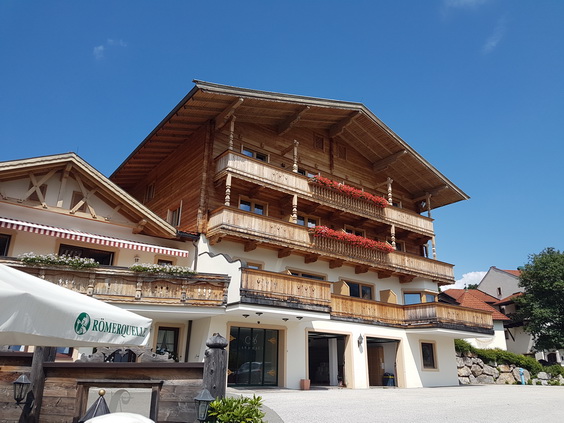
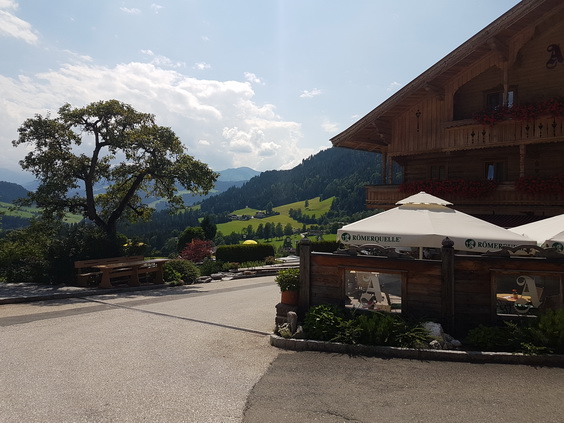
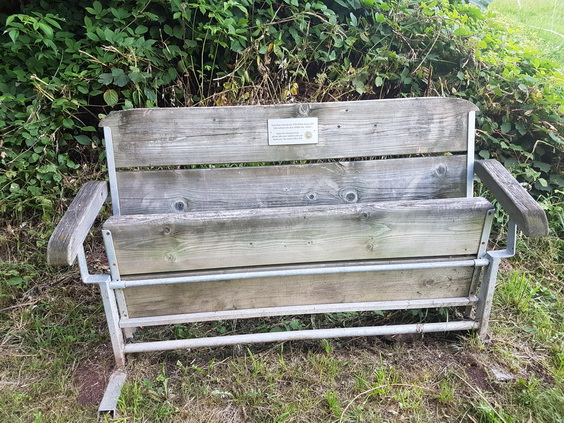
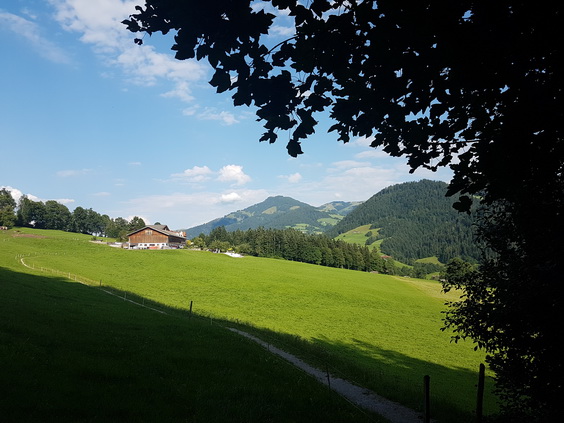
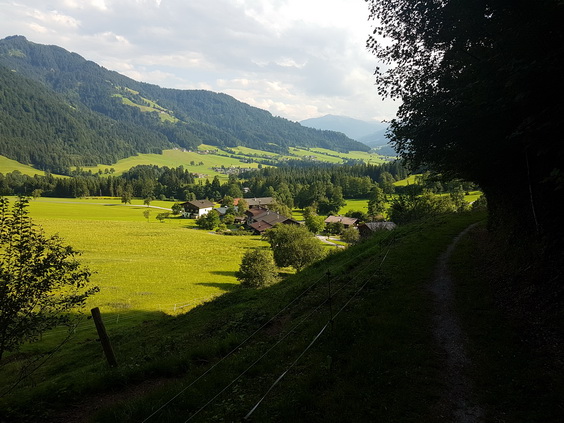
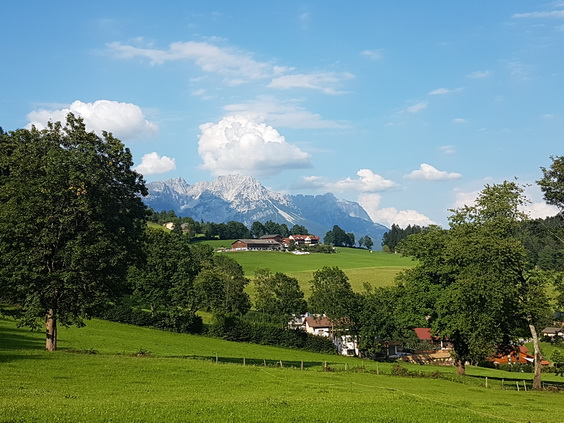
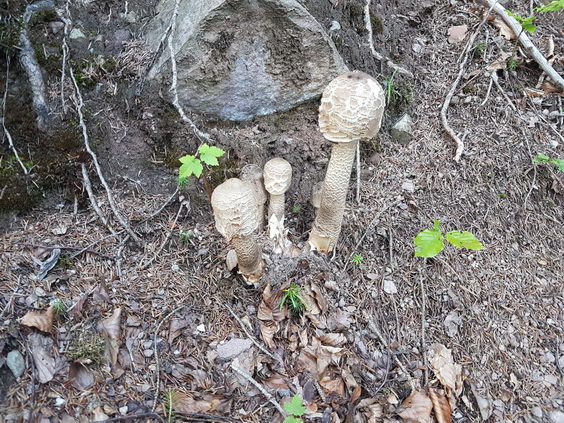
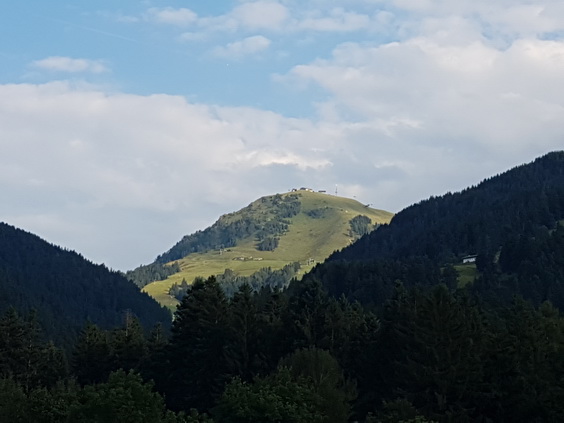
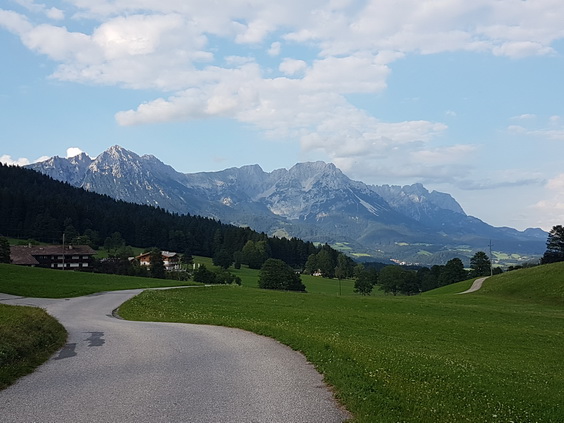
![]() 26.07.25 Copyright Dirk
Rauschenbach Koelnerstrasse 293 51702 Bergneustadt
Datenschutzerklaerung 02261 9788972 Mail ccooly(
at) web.de
26.07.25 Copyright Dirk
Rauschenbach Koelnerstrasse 293 51702 Bergneustadt
Datenschutzerklaerung 02261 9788972 Mail ccooly(
at) web.de